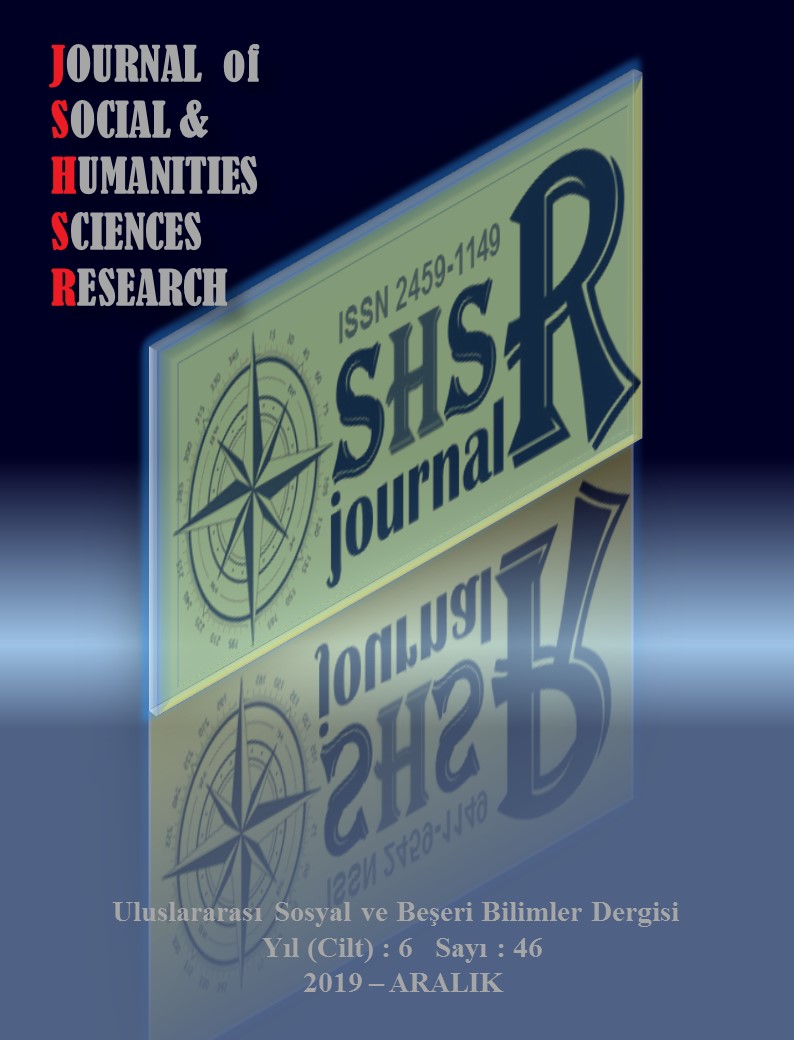EVALUATION OF LAPSE OF TIME IN PROPERTY TAXES
DOI:
https://doi.org/10.26450/jshsr.1634Keywords:
Lapse of Time, Tax Procedural Law, Tax Execution Law, Real Estate TaxAbstract
Taxes are increasing the importance of public expenditures as the most important source of financing. However, the parties to
the tax are the creditor party and the debtor party in this development. The creditor party has administrative and judicial
arrangements in collecting this receivable. Failure to carry out administrative transactions within a certain period allows the
borrower to end the debt. This situation is in the literature as lapse of time.
The statute of limitations is regulated in both the Tax Procedural Law No. 213 and the AATUHK numbered 6183 as tax accrual
(impose a tax) and collection of taxes a lapse of time. In general, these laws governing implementation contain binding rules
in property tax. However, in the real estate tax, both the lapse of time gives different results, and the lapse of time for one of
them does not apply to the other.
In this study, the definition of the lapse of time, its scope, the articles regulated in terms of tax law and its application and the
property tax direction will be examined.
Downloads
Published
How to Cite
Issue
Section
License
Copyright (c) 2019 INTERNATIONAL JOURNAL OF SOCIAL HUMANITIES SCIENCES RESEARCH

This work is licensed under a Creative Commons Attribution 4.0 International License.


